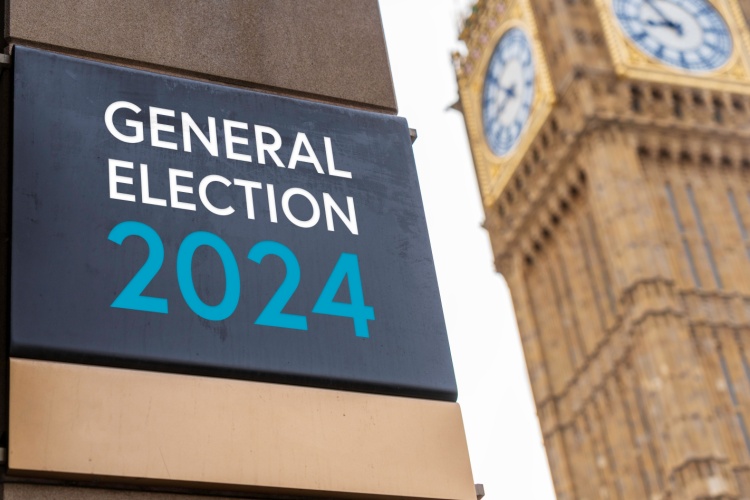How Norway’s “oil fund” became an ESG investment leader
03/06/24
The world’s largest sovereign wealth fund has become a leader in ESG (environmental, social, and governance) investing. Yet, the money initially came from an unlikely source – fossil fuels.
Read on to find out how Norway’s “oil fund” embraces ESG issues, and how you could too.
Norway’s sovereign wealth fund holds around 1.5% of all the world’s listed companies
Officially called the “Government Pension Fund Global”, Norway’s sovereign wealth fund was established in 1990 to invest the surplus revenue of the Norwegian petroleum sector. The fund aimed to mitigate oil price volatility, and the Norwegian government also recognised that one day the oil would run out and that the fund was a way to safeguard the future of the economy.
As of March 2023, it held over $1.62 trillion (£1.27 trillion) in assets – translating to around $295,000 (£231,837) for every Norwegian citizen. It’s estimated that the fund could cover Norway’s social costs for 300 years.
The fund invests in more than 8,800 companies from over 70 countries. In fact, it holds around 1.5% of all the world’s listed companies. In terms of assets under management, it’s the largest sovereign wealth fund in the world. Indeed, second place China Investment Corporation trails significantly behind with $1.35 trillion (£1.06 trillion) assets under management.
This gives the fund a huge amount of shareholder power, which has proved useful when it’s championing ESG issues.
Despite its link to petroleum, the fund has a strong focus on ESG investing. In its mission, the fund notes that its purpose is to safeguard and build financial wealth for future generations, which requires “sustainable economic, environmental, and social development”. As a result, it aims to “promote long-term value creation at the companies and minimise negative effects on the environment and society”.
The fund has a policy that encourages engagement with companies to improve their operations from an ESG perspective. In addition to engagement, the fund also avoids investing in some companies, including those that are involved in certain types of weapons, tobacco, and coal.
The suitability of companies when compared to their responsible investment strategy is frequently reviewed.
For example, according to Bloomberg, in May 2024, the fund decided to exclude Adani Ports & Special Economic Zone Ltd from its portfolio, a logistics business that operates a large network of ports in India. It cited “unacceptable” risks that the company is tied to human rights violations in war and conflict zones.
Similarly, the fund announced it would exclude US-based L3Harris Technologies Inc, which develops components for nuclear weapons. It would also exclude China’s Weichai Power Co. due to concerns it was selling military equipment to Russia and Belarus.
As well as ensuring its investments align with its responsible investment values, this strategy has often proved successful. According to Morningstar, the fund returned 6.3% in the first quarter of 2024, the equivalent of around $110 billion (£86 billion).
ESG investment lessons you could learn from the sovereign wealth fund
While you might not have the same shareholder power that Norway’s sovereign wealth fund does, there are still some fantastic ESG lessons you can learn from the way it operates.
- Embracing ESG doesn’t automatically mean lower returns
Norway’s fund proves that incorporating ESG criteria into your investment strategy doesn’t automatically mean missing out on returns.
However, that doesn’t mean you should skip due diligence when selecting a fund or company to invest in. It’s still important to assess if it suits your risk profile and fits into your wider strategy.
- There’s more than one way to make ESG part of your portfolio
The sovereign wealth fund uses several different ways to invest in line with its ESG strategy. While using your shareholder power to encourage companies to change is a strategy more suited to institutional investors, you can still learn from this approach.
For instance, you might choose to avoid investing in certain companies because of the industry they operate in or their business practices. This strategy is known as “negative screening”. Alternatively, you could use “positive screening” to actively invest in companies that align with your ESG criteria, such as those working on climate change solutions.
- Take a long-term approach to your investments and strategy
Unlike the fund, you’re probably not planning generations ahead, but there’s still value in taking a long-term approach. Investing with a longer time frame means there’s a chance for the ups and downs of the market to smooth out, and you could benefit from compounding returns. So, you might want to consider your long-term goals and how investing could support them.
Make ESG issues part of your investment strategy with a tailored plan
If you’re thinking about making ESG part of your investment strategy in some way, a tailored plan could provide a way to align your values with long-term aspirations. Please contact us to discuss your investments.
Please note: This blog is for general information only and does not constitute advice. The information is aimed at retail clients only.
The value of your investments (and any income from them) can go down as well as up and you may not get back the full amount you invested. Past performance is not a reliable indicator of future performance.
Investments should be considered over the longer term and should fit in with your overall attitude to risk and financial circumstances.




